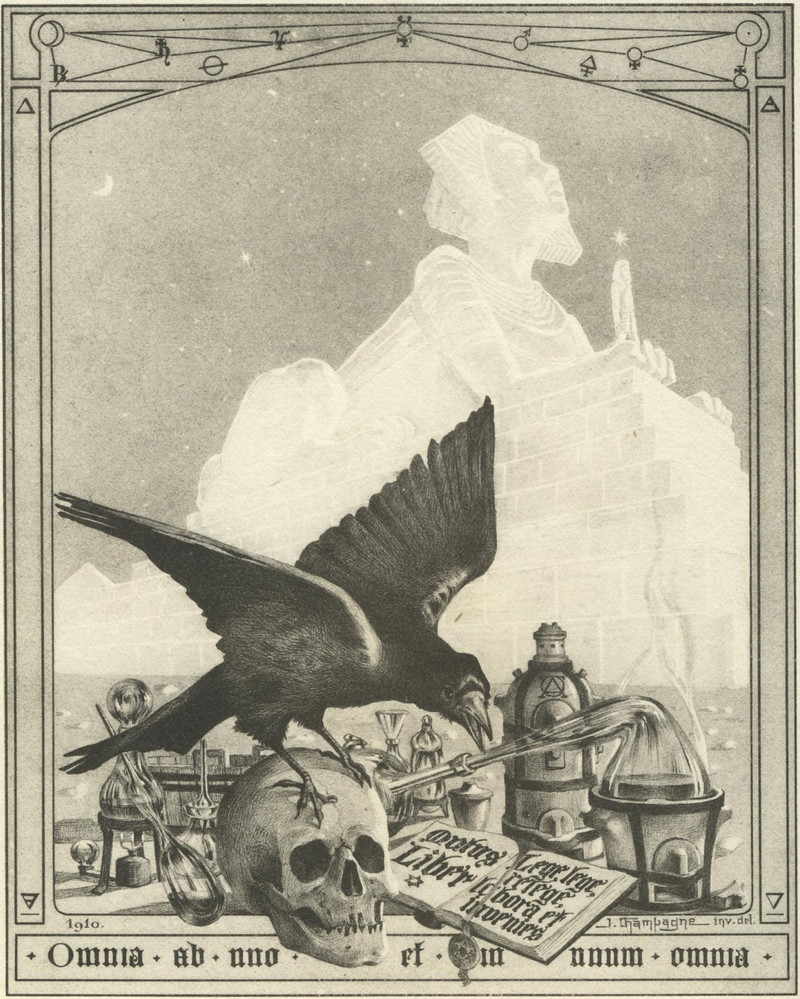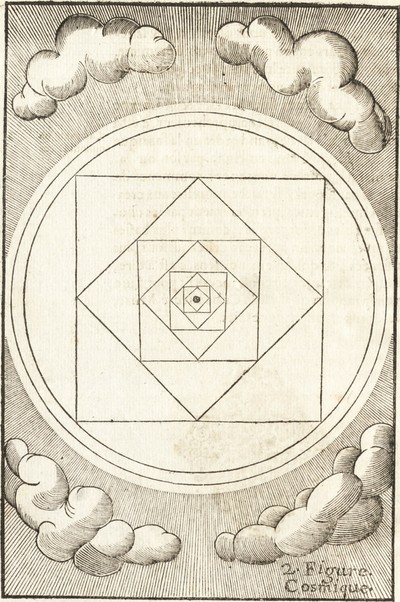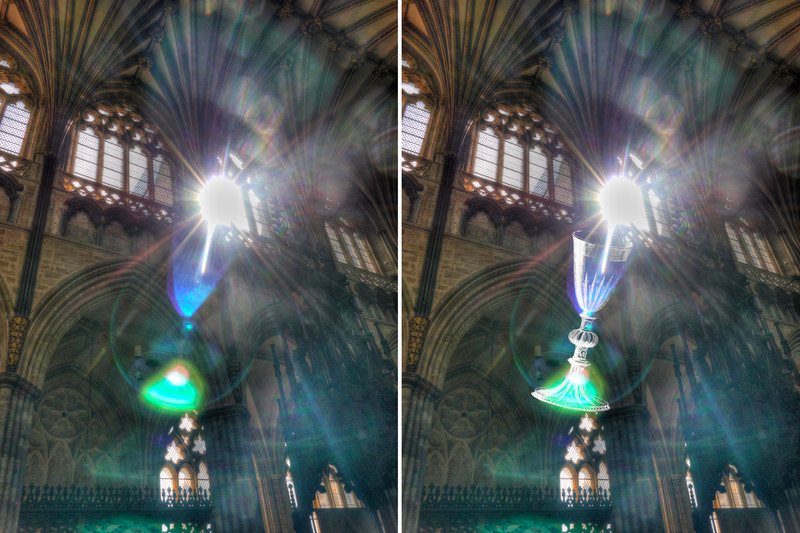Secrets of Alchemy for Modern Whizzes
The wizards of old were "freelance intellectuals whose main stock in trade was good advice" (as historian John Michael Greer puts it). In the 1920s, a master alchemist called Fulcanelli shared priceless advice for novices -- guidance that also applies to anyone seeking to be a whiz at anything. In his book proving that gothic cathedrals aren't churches but rather elaborate stone books communicating the coded secrets of alchemy (Les Mystère des Cathèdrales), Fulcanelli spells out his formula for learning the greatest mysteries. Shall I stop or go on?—I hesitate. Perhaps I'll paraphrase from his final chapter, though I'll preserve the slightly antiquated tone of Fulcanelli's prose.
It is not enough to be studious, active and persevering, if one has no firm principles, no solid basis, if immoderate enthusiasm blinds one to reason, if pride overrules judgment, or if greed expands before the prospect of a golden future.
[There's a mighty oak tree of wisdom contained within that acorn of a sentence. But Fulcanelli has more.]
The mysterious science [of whatever happens to be one's passion] requires great precision, accuracy and perspicacity in observing the facts, a healthy, logical and reflective mind, a lively but not over-excitable imagination, and a warm and pure heart. It also demands the greatest simplicity and complete indifference with regard to theories, systems and hypotheses, which are generally accepted without question on the testimony of books or the reputation of their authors. It requires its candidates to learn to think more with their own brains and less with those of others. It insists that they should check the truth of any principles, the knowledge of any doctrine and the practice of any operations from Nature, the mother of us all.
Devotees will derive greater benefit from their studies provided they do not despise the works of the old Philosophers and that they study with care and penetration the classical texts, until they have acquired sufficient perception to understand the obscure points of the practice.
No one may aspire to possess the greatest secret, if they do not direct their lives in accordance with the researches they have undertaken.
By constant exercise of the faculties of observation and reasoning and by meditative contemplation, novices will climb steps leading to:
KNOWLEDGE.
A simple imitation of natural processes, skill combined with ingenuity, and the insight born of long experience will secure for them the:
POWER.
Having obtained that, they will still have need of patience, constancy and unshakeable will. Brave and resolute, they will be enabled by the certainty and confidence born of a strong conviction to:
DARE.
Finally, when success has crowned so many years of labor, when their desires have been accomplished, the Wise Ones, despising the vanities of the world, will draw near to the humble, the disinherited, to all those who work, suffer, struggle and weep here below. As anonymous and mute disciples of eternal Nature, as advocates of eternal Charity, they will remain faithful to their vow of silence.
In Science, in Goodness, one must evermore
KEEP SILENT.
[About the illustration: Alchemy has been called "an infinite regression of mirrored mysteries. And so, if we are not careful, we end up finding only the face of our own bias. The secret protects itself, even when it is displayed in plain sight" (Jay Weidner and Vincent Bridges, Monument to the End of Time, 1999). Our illustration appears in Le Vray et Methodique Cours de la Physique Resolutiue, Vulgairement Dite Chymie by Annibal Barlet, 1653.]





